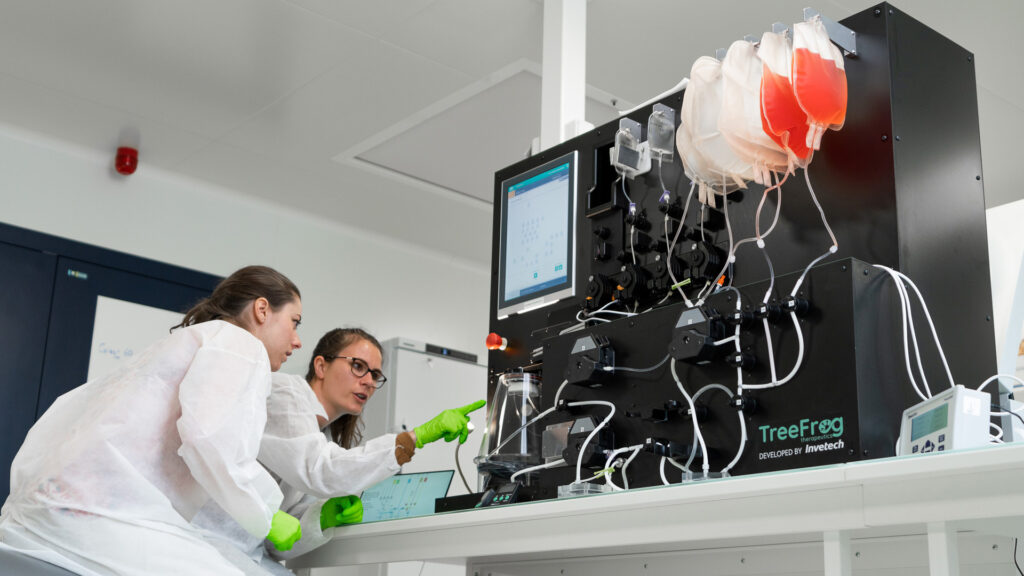Proteins, Pathways, and Precision Medicine – Biochemistry Research Program Unveiled
In an era marked by remarkable advances in the life sciences, biochemistry continues to be at the forefront of scientific inquiry. The unveiling of a cutting-edge Biochemistry Research Program promises to propel our understanding of proteins, pathways, and precision medicine to unprecedented heights. This multidisciplinary initiative, which combines the fields of biochemistry, genomics, and medicine, aims to revolutionize the way we approach healthcare by dissecting the molecular intricacies of diseases and personalizing treatment strategies.
The Role of Proteins – Proteins are the workhorses of life, involved in a wide range of biological processes. They serve as enzymes, transporters, structural components, and signaling molecules, among other functions. The Biochemistry Research Program will delve deep into the world of proteins, with a particular focus on understanding their structures, functions, and interactions. One of the program’s primary objectives is to elucidate the three-dimensional structures of key proteins implicated in various diseases. This knowledge is pivotal in drug design and the development of targeted therapies. By studying the atomic-level details of these proteins, researchers can identify potential drug-binding sites and design molecules to modulate their activities, opening the door to novel treatments for a wide array of illnesses and click here.

Pathway Analysis – A significant aspect of the program revolves around the study of biochemical pathways. These intricate networks of reactions govern essential processes in living organisms. By mapping and analyzing these pathways, researchers can identify potential points of intervention and gain a comprehensive understanding of the molecular mechanisms underlying diseases. In the realm of precision medicine, the Biochemistry Research Program seeks to identify disease-specific pathways. For instance, in cancer, researchers aim to pinpoint the unique biochemical pathways that drive tumor growth. This knowledge can then be used to develop targeted therapies tailored to individual patients, thereby minimizing side effects and maximizing treatment efficacy.
Genomics and Personalized Medicine – Advancements in genomics have ushered in an era of personalized medicine, where treatment decisions are tailored to an individual’s genetic makeup. The Biochemistry Research Program capitalizes on this revolution by integrating genomics data into its research endeavors. By sequencing and analyzing the genomes of patients, researchers can identify genetic variations that predispose individuals to certain diseases or affect their response to specific treatments. This information is invaluable in crafting personalized medicine strategies. For instance, a patient with a particular genetic mutation may benefit from a medication designed to target the underlying molecular defect.
Collaboration and Data Integration – The success of the Biochemistry Research Program hinges on collaboration across multiple disciplines. Biochemists, geneticists, clinicians, and computational biologists will work together to generate and interpret a vast amount of data. Cutting-edge technologies, such as next-generation sequencing and high-throughput proteomics, will be employed to collect data on an unprecedented scale. Furthermore, the program places a strong emphasis on data integration and analysis. Advanced bioinformatics tools will be used to sift through the mountains of genetic and proteomic data, allowing researchers to identify meaningful patterns and associations. These insights will form the foundation for the development of innovative diagnostic tests and treatment strategies. The Biochemistry Research Program, with its focus on proteins, pathways, and precision medicine, represents a significant leap forward in the quest to unravel the mysteries of life and disease.
